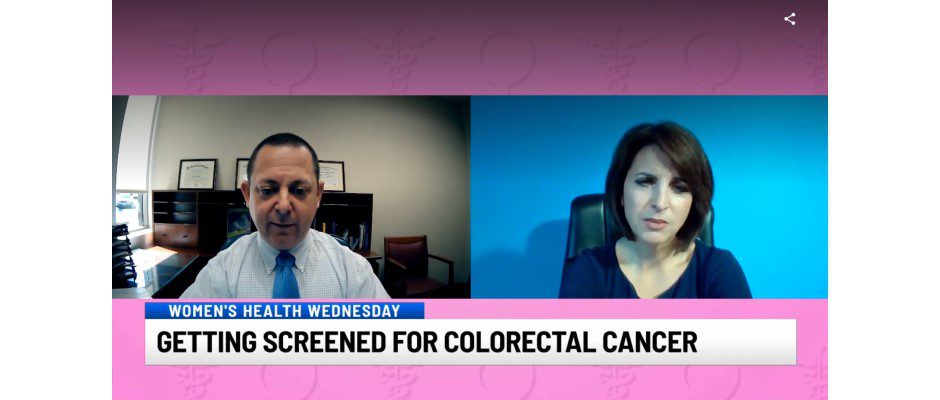
[This piece was written by Sean Sheehan, MD, Gastroenterologist, with Albany Gastroenterology Consultants.]
Most of us have experienced the occasional discomfort from feeling as though our food or drink has “gone down the wrong pipe.”
Difficulty swallowing, also called dysphagia, is often caused by eating too fast, or not chewing food well enough. This kind of occasional trouble swallowing isn’t a cause for concern.
However, as swallowing is a necessary function for optimal health and survival, persistent dysphagia could be a sign of a serious medical condition.
Though it’s something that, when working normally, we typically don’t give much thought, swallowing is a very complex process. It involves an intricate coordination of both conscious and unconscious muscles, working in sequence to pass food from the mouth, past the throat, through the esophagus (swallowing tube), and down into the stomach.
Dysphagia can lead to symptoms such as:
- Coughing
- Choking
- Inability to initiate a swallow
- Pain on swallowing
- Feeling something stuck in the throat or chest
- Vomiting
- Drooling
All of these symptoms, particularly the latter, should be discussed with your health care provider.
Getting the Correct Diagnosis
A number of conditions can interfere with the swallowing process, so a detailed history of your symptoms will provide clues as to the most likely cause or causes. This allows your physician to direct the best diagnostic workup, which can include x-ray tests, evaluation by a speech pathologist, and/or a dental exam.
Evaluation by a gastroenterologist will most commonly include an upper endoscopy, in which a thin flexible tube with a camera lens at the tip (an endoscope) is advanced into the mouth, down the throat, through the esophagus, and into the stomach. Endoscopy provides the ability to inspect the entire swallowing tract for abnormalities, as well as take biopsies of the esophagus. Acid reflux inflammation, eosinophilic esophagitis, benign narrowing, and tumors are all possible causes of swallowing issues.
Finally, if symptoms suggest it or other testing is unrevealing, esophageal manometry can be performed. This involves the insertion of a thin tube down the esophagus and into the stomach to measure how well the muscles of the esophagus are working.
Once the cause of dysphagia is identified, a treatment plan can be made. This might be as simple as dietary management, short- or long-term medications, surgery, or additional therapeutic endoscopies, which can be used to treat swallowing difficulty from esophageal stricture or achalasia. Most of these are more likely to be effective if the symptoms are addressed sooner rather than later.
Albany Gastroenterology Consultants is located at 1375 Washington Ave. Suite 101, in Albany, directly across from the University at Albany SUNY campus. For more information, please call 518-438-4483.





